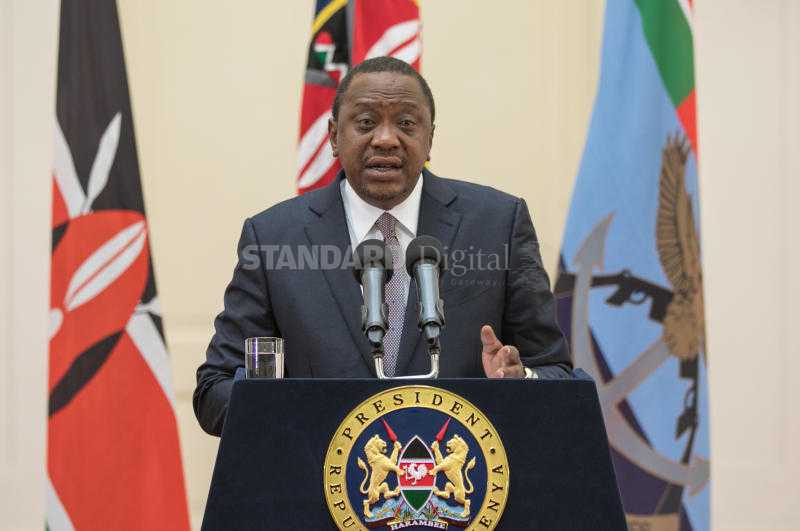×
The Standard e-Paper
Kenya’s Boldest Voice

President Uhuru Kenyatta yesterday launched two new programmes - the Kenya Urban Support Programme (KUSP) and Kenya Devolution Support Programme (KDSP) that will receive the funding.
The launch of the programmes was one of the highlights of the 5th Devolution Conference currently going on at Kakamega High School, Kakamega County.